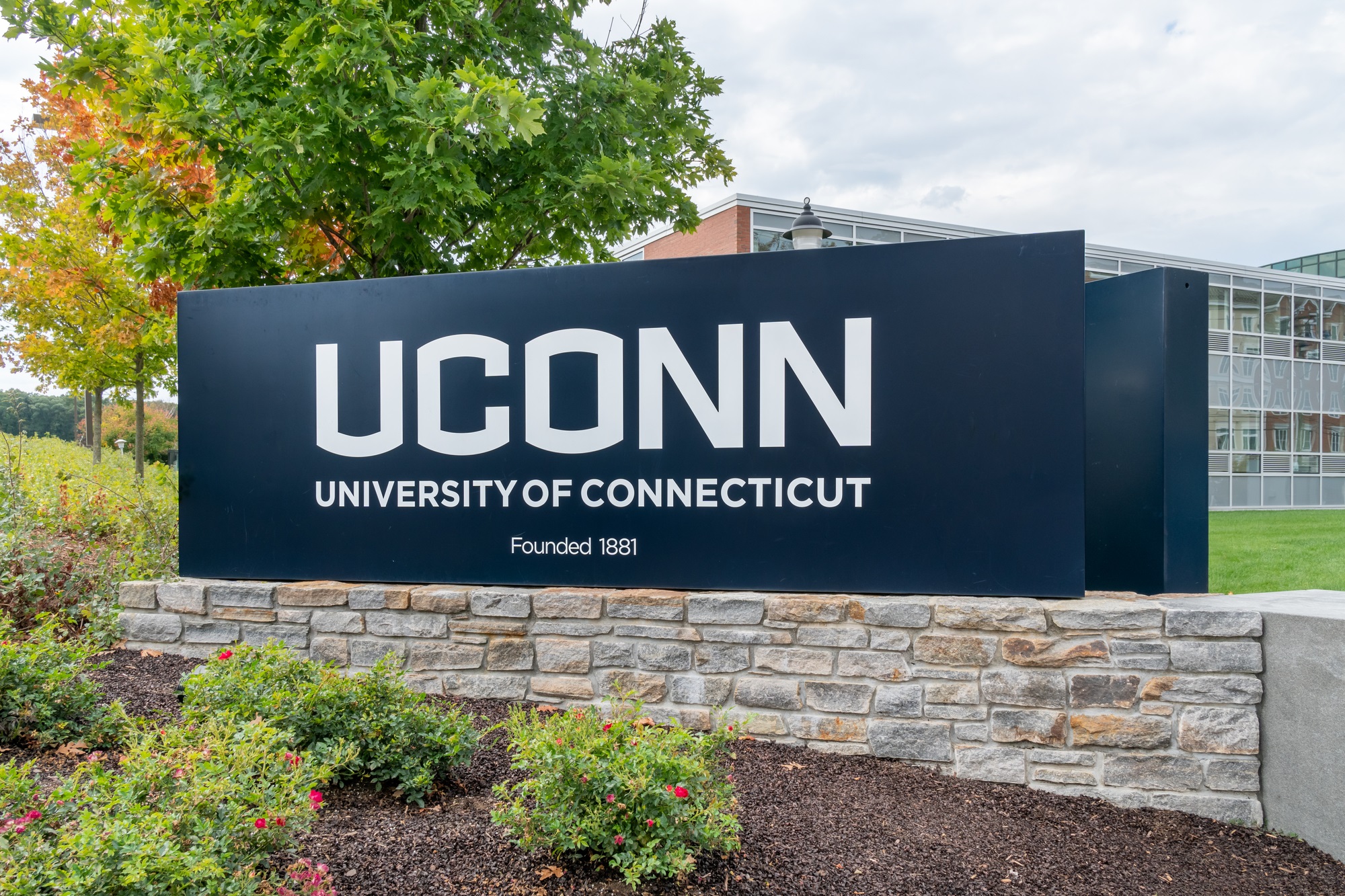
Inge-Marie Eigsti, a psychology professor at UConn, is spearheading a group of researchers from Boston, Philadelphia, and Aarhus, Denmark in an effort to untangle the intricacies of language skills in individuals with autism spectrum disorder.
With funding from an R01 grant provided by the National Institutes of Health, their project titled “Ready to CONNECT: Conversation and Language in Autistic Teens” tackles a challenging dilemma within the field of autism research – discrepancies in language comprehension among Autistic individuals.
The diagnostic criteria for autism
While the DSM-5 has removed language deficits from the diagnostic criteria for autism because many children and individuals demonstrate age-appropriate skills on standardized clinical assessments of language, the Eigsti team has observed a disconnect between age-appropriate language abilities and conversational ability among autistic individuals.
In fact, these discrepancies have been observed to negatively impact the social, educational, and occupational outcomes of Autistic individuals. Hence, the Connect Project was born out of a desire to address this gap and improve language assessments for individuals with autism.
The project stemmed from the mutual friendship and professional expertise of Eigsti’s team, which met during an international conference on autism in 2003. It was during this conference that Eigsti and her colleagues, Ruth Grossman, Julia Parish-Morris, Ethan Weed, and Riccardo Fusaroli, bonded over their shared interest in clinical and psycholinguistic research, which ultimately led to the creation of the Connect Project.
To properly assess social communication abilities in individuals with autism, the team adopted an approach that involves conducting unstructured conversations between teenagers with and without autism.
A computational model that can accurately identify
The goal of these conversations is to not only focus on specific social communication tasks but also to measure conversational success using a combination of qualitative and quantitative measures.
Results from these conversations will then be used to develop a computational model that can accurately identify subgroups of individuals with autism based on their unique patterns of conversation interactions. Furthermore, the study will also investigate whether individuals with autism communicate more effectively when interacting with others who share their neurotype.
The start of the Connect Project is planned for March, following a period of trial sessions and adjustments. The project aims to collect data from 500 teenagers who will participate in 250 pairs, and anyone from the autism community interested in taking part can reach out to Dr. Inge-Marie Eigsti.
Autism treatment and support
Consistent research on Autism is imperative in promoting the well-being of our loved ones impacted by Autism. At Illinois Autism, we firmly believe that Autistic individuals have great potential, and early intervention is vital in helping them reach their full capabilities.




